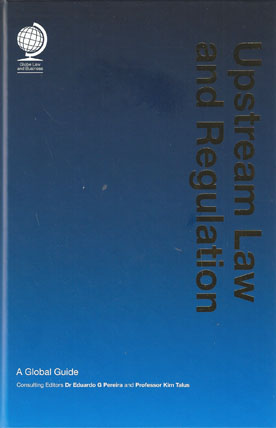
The golden age of easy-to-access oil abundance is over. Most of the largest reserves are relatively accessible due to governmental control, so international oil and gas companies have to search for new and more complex oil and gas provinces.
Independent companies have an even broader approach as they analyse unconventional plays. So the 21st century clearly requires a global approach as companies from major to small compete in the international scenario. This practical new handbook analyses the most relevant petroleum provinces.
The book summarises the upstream regulation and the key concerns in over 30 important and emerging oil and gas jurisdictions. Issues featured include the key terms of the petroleum law, the types of legal arrangement in place (ie, concession agreement, production sharing contract or service agreement), the fiscal terms, how to qualify to acquire acreage, type of governing law, dispute resolution mechanisms and governmental control.
The book therefore represents a comprehensive worldwide resource for upstream investments. A large number of entities are keen to analyse opportunities all over the world. Consequently, the market for this book is broad, including international oil companies, independents, national oil and gas companies, legal advisers and consultants who will be interested to understand the general requirements of oil and gas provinces and the respective best practices across the globe.